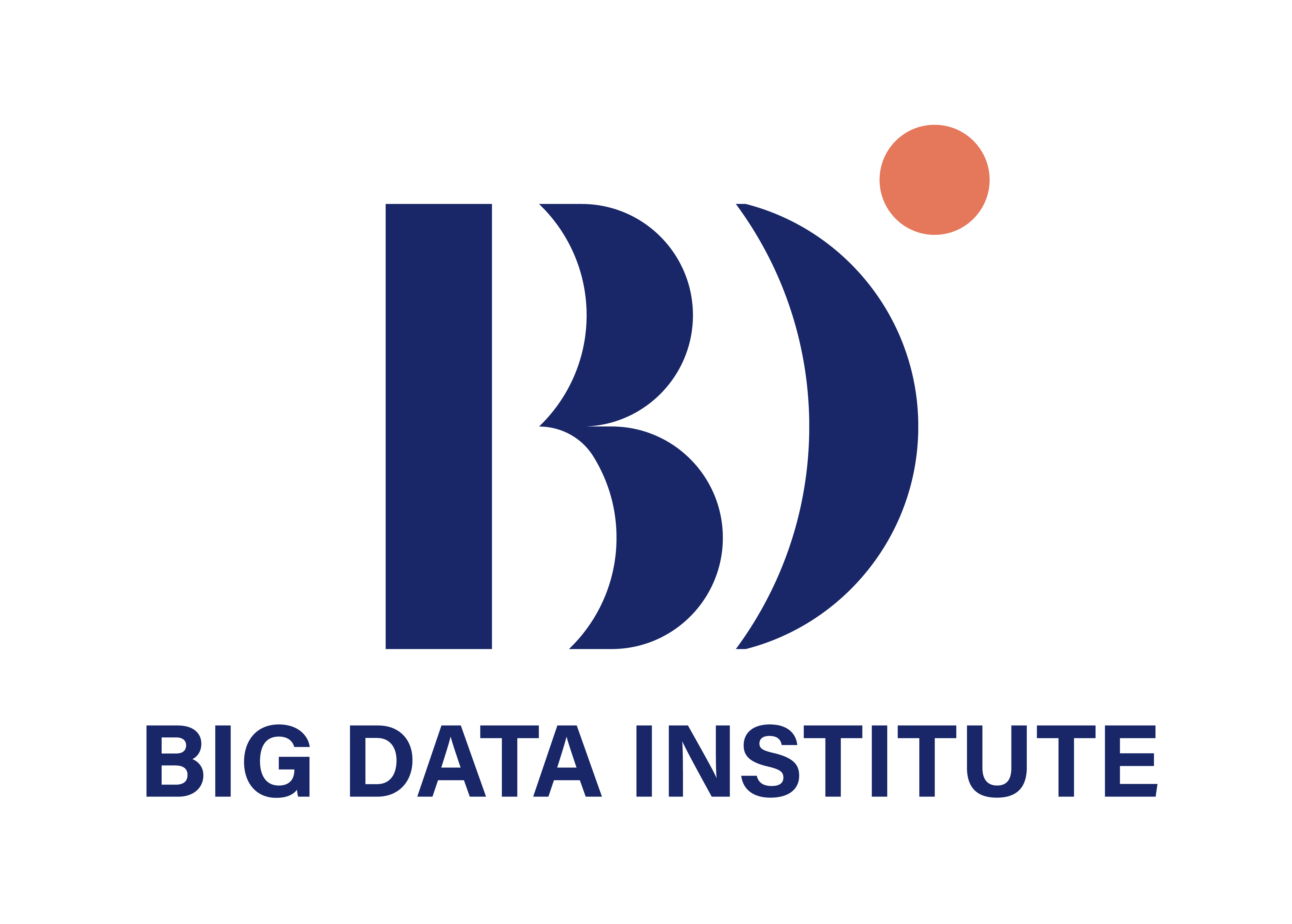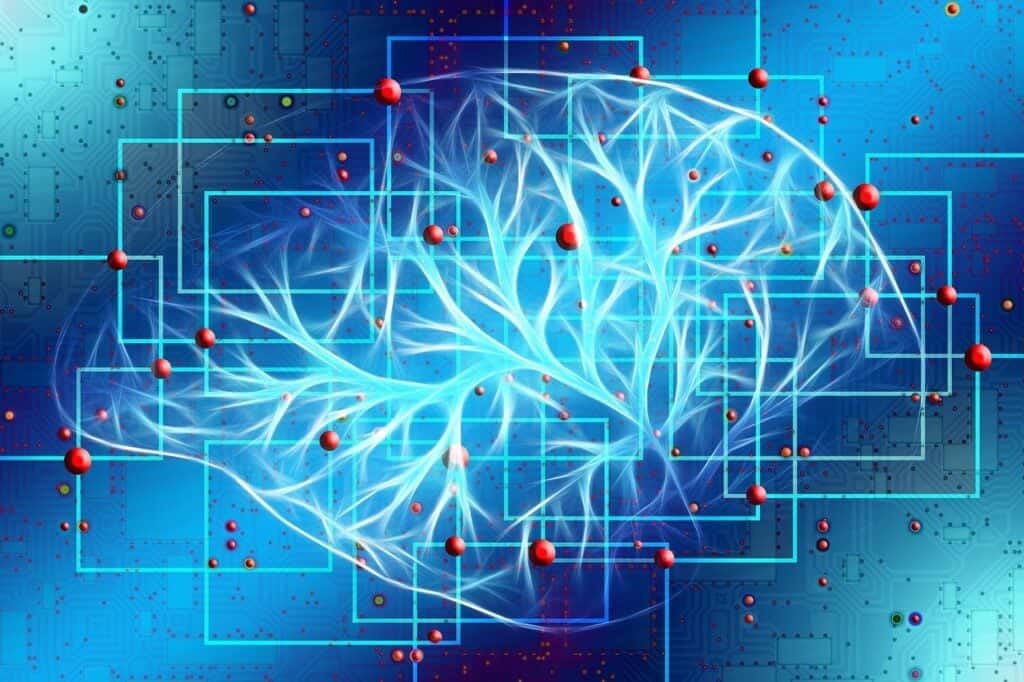
ปัจจุบันระบบการแปลรูปแบบการทำงานของสัญญาณประสาทมนุษย์ ใช้การวิเคราะห์สัญญาณในขณะที่มนุษย์กำลังพูดออกเสียงได้เท่านั้น แต่นักวิทยาศาสตร์กำลังพัฒนาระบบปัญญาประดิษฐ์ (AI) ที่สามารถแปลรูปแบบการทำงานของสัญญาณประสาทออกมาเป็นข้อความ เพื่อช่วยเหลือผู้ป่วยที่ไม่สามารถพูดหรือพิมพ์ข้อความ ให้สามารถสื่อสารได้
Dr. Joseph Makin หนึ่งในทีมนักวิจัยจากมหาวิทยาลัยแคลิฟอร์เนีย ซานฟานซิโก (University of California, San Francisco) ให้สัมภาษณ์กับ The Guardian ว่า สิ่งนี้จะสามารถเป็นพื้นฐานของอุปกรณ์สื่อสารแทนการพูดได้ โดยงานวิจัยนี้ได้รับการตีพิมพ์ในวารสารวิทยาศาสตร์ Nature Neuroscience เปิดเผยวิธีการพัฒนาระบบปัญญาประดิษฐ์โดยผู้เข้าร่วมวิจัยเป็นผู้ที่ได้รับการฝังอุปกรณ์ส่งสัญญาณไฟฟ้า (Electrode arrays implant) ในสมอง สำหรับการติดตามโรคลมชัก (Epilepsy) และอาการชัก (Seizures) อยู่แล้ว

การวิจัยเริ่มจาก ผู้เข้าร่วมวิจัยทำการอ่านออกเสียงประโยคจำนวน 50 ประโยคหลาย ๆ ครั้ง ตัวอย่างประโยคเช่น “Tina Turner is a pop singer” และ “Those thieves stole 30 jewels” โดยทีมนักวิจัยจะเฝ้าติดตามการทำงานของสัญญาณประสาทขณะที่ผู้เข้าร่วมวิจัยพูดประโยคต่าง ๆ เหล่านั้น
ข้อมูลสัญญาณประสาทที่ได้จะถูกนำเข้าสู่อัลกอริทึม (Machine learning algorithm) ซึ่งเป็นระบบปัญญาประดิษฐ์แบบหนึ่งที่สามารถแปลงข้อมูลการทำงานของสัญญาณประสาทในสมอง (Brain activity data) ของแต่ละประโยคที่พูดนั้นให้เป็นชุดตัวเลข และเพื่อให้มั่นใจว่าชุดตัวเลขที่ได้นั้น ไม่ได้เกี่ยวข้องกับมิติด้านอื่นนอกเหนือจากการพูด ระบบปัญญาประดิษฐ์จะทำเปรียบเทียบเสียงที่พยากรณ์ได้จากข้อมูลการทำงานของสัญญาณประสาทในสมอง (Brain activity data) กับเสียงพูดของผู้เข้าร่วมวิจัยที่บันทึกไว้ จากนั้นชุดตัวเลขดังกล่าวจึงจะถูกนำเข้าไปในส่วนที่สองของระบบเพื่อทำการแปลงเป็นคำ
ในช่วงแรก ระบบยังแปลงออกมาเป็นประโยคที่อ่านไม่รู้เรื่อง แต่เมื่อระบบได้เปรียบเทียบลำดับของคำแต่ละคำกับประโยคจริงที่อ่านออกเสียง ทำให้ระบบค่อยๆ เรียนรู้ความสัมพันธ์ของชุดตัวเลขกับคำ และลำดับของคำ ทำให้สามารถแปลงออกมาเป็นประโยคที่เริ่มสื่อสารเข้าใจได้ จากนั้นทีมนักวิจัยจึงเพิ่มการทดสอบระบบ โดยให้สร้างข้อความที่เป็นลายลักษณ์อักษรจากการทำงานของสัญญาณประสาทในสมอง (brain activity) ในระหว่างการพูด
ระบบปัญญาประดิษฐ์ดังกล่าวนี้ยังพัฒนาได้ไม่สมบูรณ์ ยังพบข้อผิดพลาด เช่น “Those musicians harmonize marvelously” ถูกแปลเป็น “The spinach was a famous singer” หรือ “A roll of wire lay near the wall” ถูกแปลเป็น “Will robin wear a yellow lily” อย่างไรก็ตามความถูกต้องแม่นยำของระบบที่พัฒนาใหม่นี้ยังสูงกว่าวิธีการก่อนหน้านี้ค่อนข้างมาก โดยค่าความถูกต้องแม่นยำนั้นมีความแตกต่างกันระหว่างบุคคล โดยพบว่าผู้เข้าร่วมวิจัยท่านหนึ่ง มีอัตราความผิดพลาดสำหรับการแปลประโยคเพียง 3% ซึ่งน้อยกว่านักถอดเสียงมืออาชีพที่มีอัตราความผิดพลาดในการแปลประโยคอยู่ที่ 5%
นอกจากนี้จากผลการทดลองยังพบว่า ถ้าแปลประโยคอื่นนอกเหนือจาก 50 ประโยคที่ใช้นั้น ความถูกต้องจะลดลง Dr. Joseph Makin กล่าวเสริมว่า ระบบปัญญาประดิษฐ์ที่กำลังพัฒนานี้ค่อนข้างจะขึ้นกับการผสมผสานระหว่างการเรียนรู้ประโยคที่เฉพาะเจาะจง การแยกแยะคำจากการทำงานของสัญญาณประสาทในสมอง และการรับรู้รูปแบบทั่วไปในภาษาอังกฤษ
Dr. Christian Herff ผู้เชี่ยวชาญจากมหาวิทยาลัยแมสทริชท์ (Maastricht University) ผู้ซึ่งไม่ได้เกี่ยวข้องกับงานวิจัยนี้ กล่าวว่า งานวิจัยดังกล่าวเป็นการวิจัยที่น่าสนใจ เพราะระบบปัญญาประดิษฐ์นี้ใช้เวลาน้อยกว่า 40 นาทีสำหรับการฝึกอัลกอริทึมด้วยข้อมูลของผู้เข้าร่วมวิจัยแต่ละคน แทนที่จะต้องใช้เวลาหลายล้านชั่วโมงที่โดยทั่วไปจำเป็นต้องใช้ และกล่าวอีกว่า “ด้วยความสามารถเช่นนี้ จะทำให้บรรลุระดับความแม่นยำที่สูงขึ้น” อย่างไรก็ดี เขาตั้งข้อสังเกตว่า ระบบนี้ยังไม่สามารถนำไปใช้ประโยชน์ได้สำหรับผู้ป่วยที่มีความบกพร่องทางด้านการพูดหรือการพิมพ์ข้อความได้ เนื่องจากระบบนี้ยังต้องอาศัยการศึกษาการทำงานของสัญญาณประสาทในสมองที่บันทึกจากการพูดออกเสียง Dr. Christian Herff กล่าวเสริมว่า “มันไม่ใช่การอ่านความคิด แต่เป็นการถอดรหัสการทำงานของสัญญาณประสาทในสมองที่เกี่ยวข้องกับการพูด ดังนั้น ผู้คนไม่ควรต้องกังวลเกี่ยวกับการที่คนอื่นจะอ่านความคิดของพวกเขา”
Dr. Mahnaz Arvaneh ผู้เชี่ยวชาญด้านฺการติดต่อสื่อสารระหว่างสมองและเครื่องจักร (Brain-Machine Interface) จากมหาวิทยาลัยเชฟฟิลด์ (Sheffield University) กล่าวว่า
“สิ่งที่สำคัญคือการพิจารณาประเด็นทางจริยธรรม พวกเรายังคงห่างไกลมากจากจุดที่เครื่องจักรสามารถอ่านใจพวกเราได้ แต่ไม่ได้หมายความว่าพวกเราไม่ควรตระหนัก หรือไม่ควรวางแผนเกี่ยวกับสิ่งที่อาจจะเกิดขึ้นในอนาคต”
- Natthamon Mayurasakhonhttps://temp.bdi.or.th/en/author/natthamon-ma/28 September 2021
- Natthamon Mayurasakhonhttps://temp.bdi.or.th/en/author/natthamon-ma/12 July 2021
- Natthamon Mayurasakhonhttps://temp.bdi.or.th/en/author/natthamon-ma/8 July 2021
- Natthamon Mayurasakhonhttps://temp.bdi.or.th/en/author/natthamon-ma/












